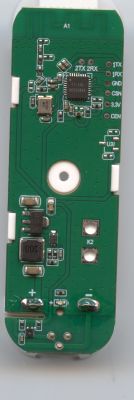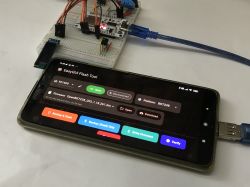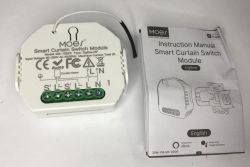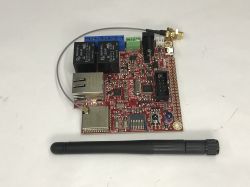Welcome.
ESP32 WiFi (reads weather data from openWeatherMap and current time from pool.ntp.org). On top of that, it does a lot of other things - everything works fast and lovely (not web server related because I don't need that) and sends a lot of data to the Arduino DUE. These parse them nicely, split by code where needed, but ................. (weather data is updated every 3h, current date data every 12h, but current time every 1 second and I want to change that).
I need to minimise communication to a minimum as the DUE will also have something on it, and for now I have it that the DUE doesn't have a clock module (I just don't want one) - this data comes from the ESP32. I send it every second to keep it reasonably up to date.
My question : is there a physical possibility after sending from ESP32 the current time to DUE e.g. 12h 10m 11s to make it for an hour by some physical internal (no update) method to walk this clock by itself. It does not have to be very accurate, a discrepancy of 1 or 2 minutes is tolerable, after an hour it will correct itself.
To this structure I write the time read from the ESP
.
ESP32 WiFi (reads weather data from openWeatherMap and current time from pool.ntp.org). On top of that, it does a lot of other things - everything works fast and lovely (not web server related because I don't need that) and sends a lot of data to the Arduino DUE. These parse them nicely, split by code where needed, but ................. (weather data is updated every 3h, current date data every 12h, but current time every 1 second and I want to change that).
I need to minimise communication to a minimum as the DUE will also have something on it, and for now I have it that the DUE doesn't have a clock module (I just don't want one) - this data comes from the ESP32. I send it every second to keep it reasonably up to date.
My question : is there a physical possibility after sending from ESP32 the current time to DUE e.g. 12h 10m 11s to make it for an hour by some physical internal (no update) method to walk this clock by itself. It does not have to be very accurate, a discrepancy of 1 or 2 minutes is tolerable, after an hour it will correct itself.
To this structure I write the time read from the ESP
struct Czas
{
int godzina = 0; // godzina [ h ]
int minuta = 0; // minuta [ m ]
int sekunda = 0; // sekunda [ s ]
char wschod[10]; // wschód słonca [HH:MM]
char zachod[10]; // zachód słońca [HH:MM]
} czas;






